In a world first, UK authorities grant regulatory approval for a CRISPR gene therapy targeting sickle cell disease and β-thalassemia.
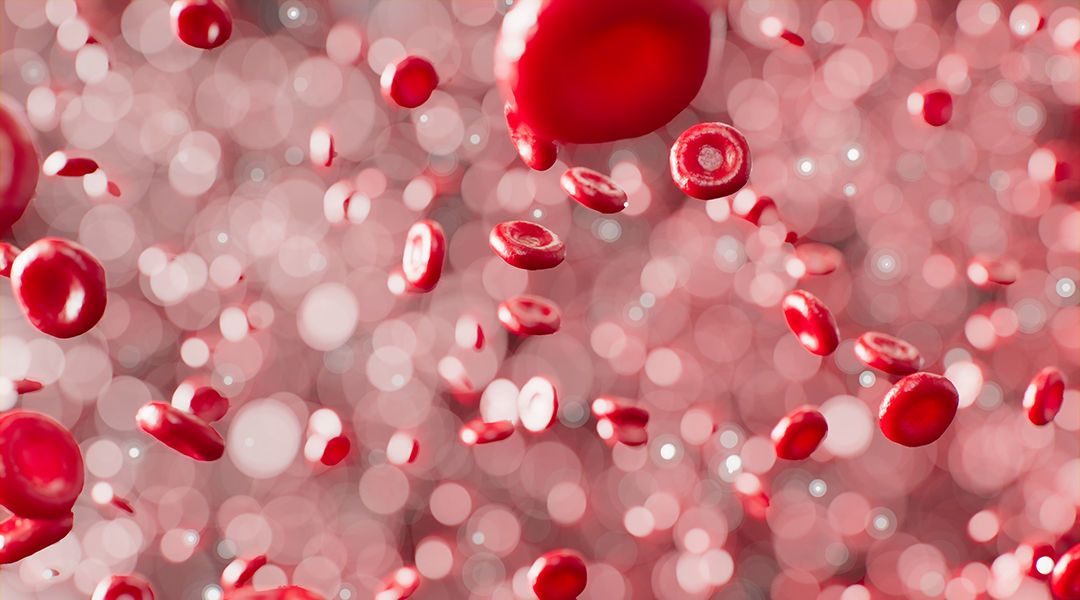

In a world first, UK authorities grant regulatory approval for a CRISPR gene therapy targeting sickle cell disease and β-thalassemia.

Click chemistry spins bacterial-produced spider silk into a biomedical marvel, promising innovations in fiber optics, wound healing, and tissue regeneration.
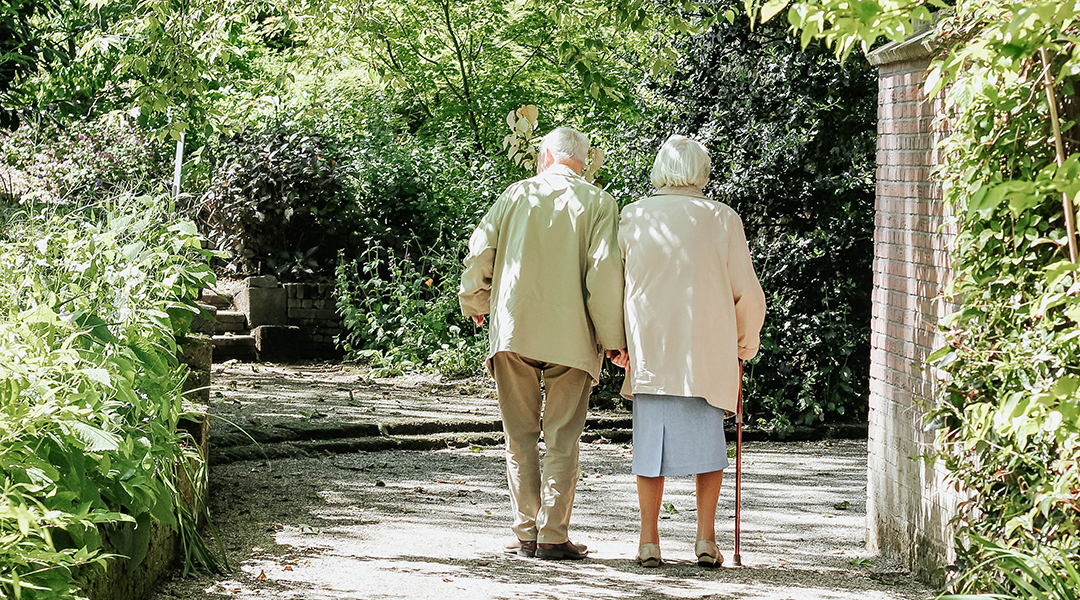
Scientists find unique amino acid patterns linked to aging, offering insights that may help extend our healthspan.
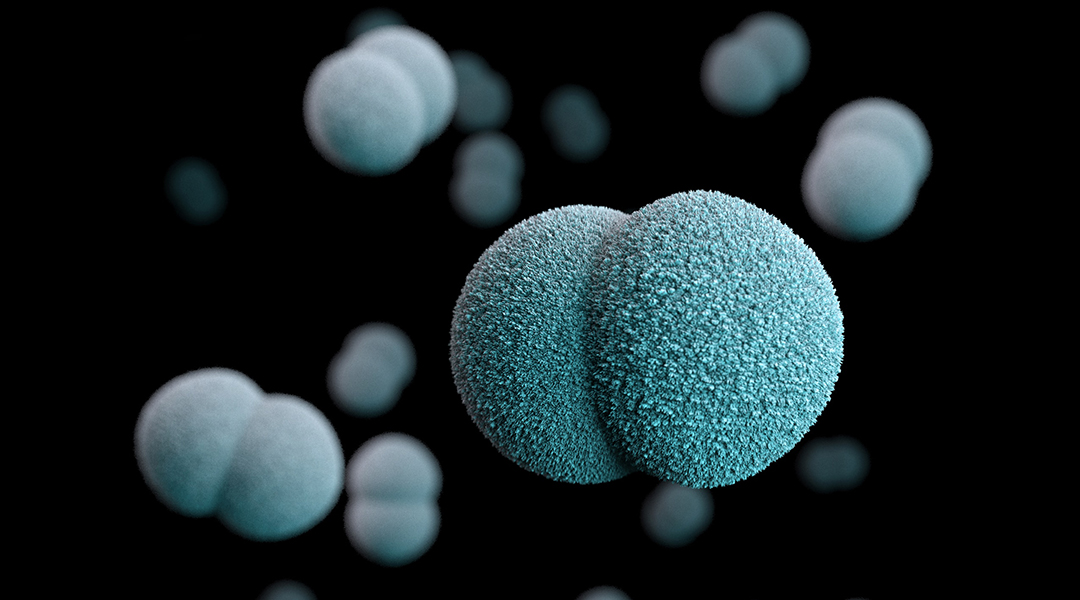
Scientists reveal how antibiotic-resistant genes are spreading around the world, raising concerns about their rapid transmission and the role humans are playing.
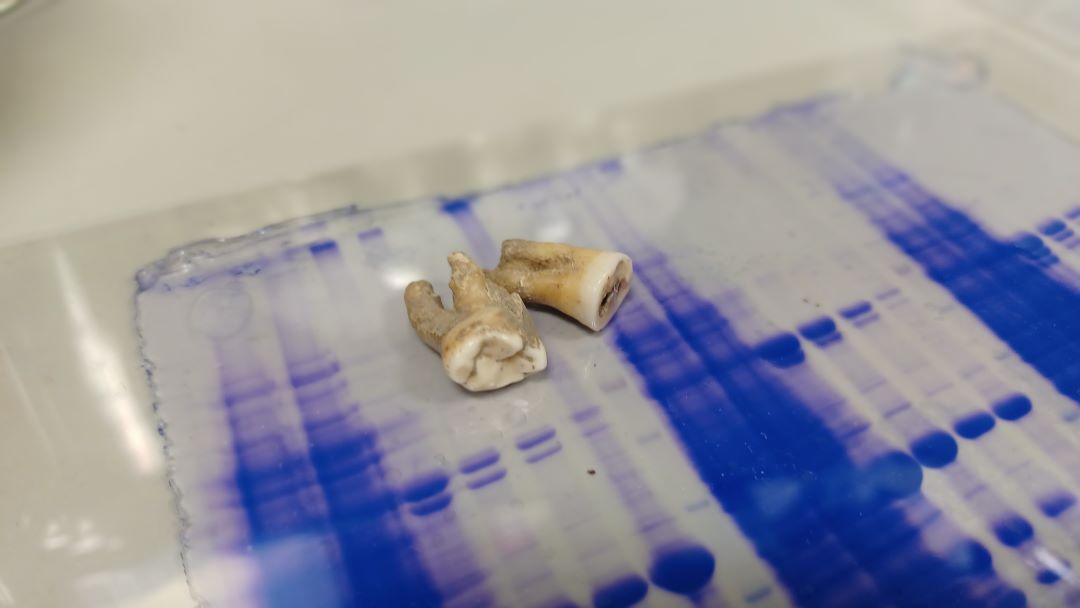
Research teams from the UK have isolated antibodies preserved for 800 years in ancient teeth and found they are still able to bind viruses that infect humans today.

A new AI diagnostic tool uses microbiome data and lifestyle factors to predict risk of multiple diseases, ushering in a new era of personalized healthcare.

Vitamins play a much broader role than just promoting health, shaping and maintaining our unique biology over evolutionary timescales.
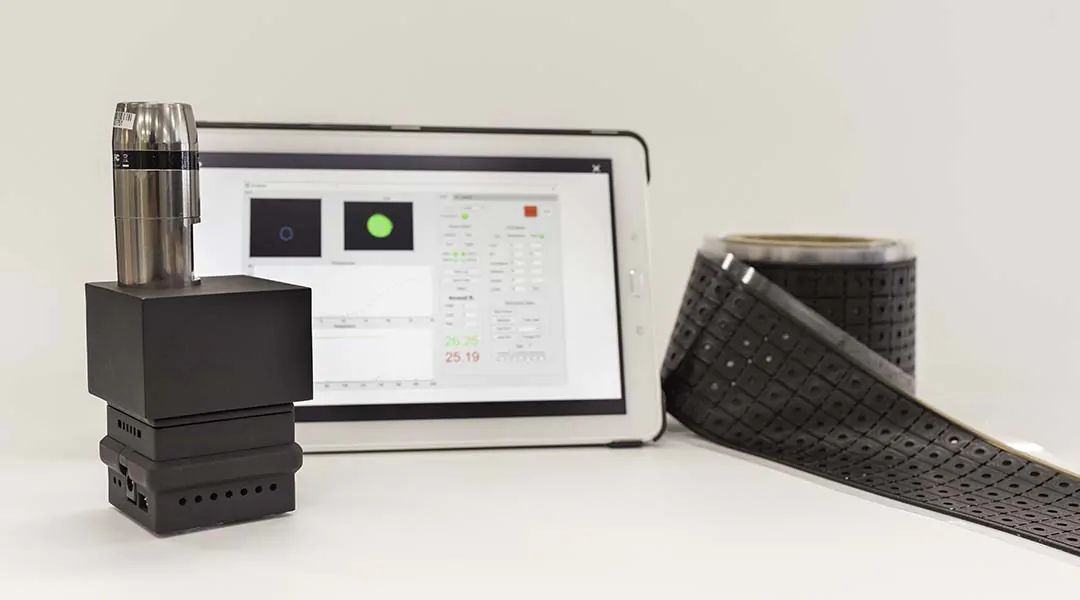
The hand-held device was designed for use by the general public, providing diagnoses in only 15 minutes without the need for appointments and long wait times for results.
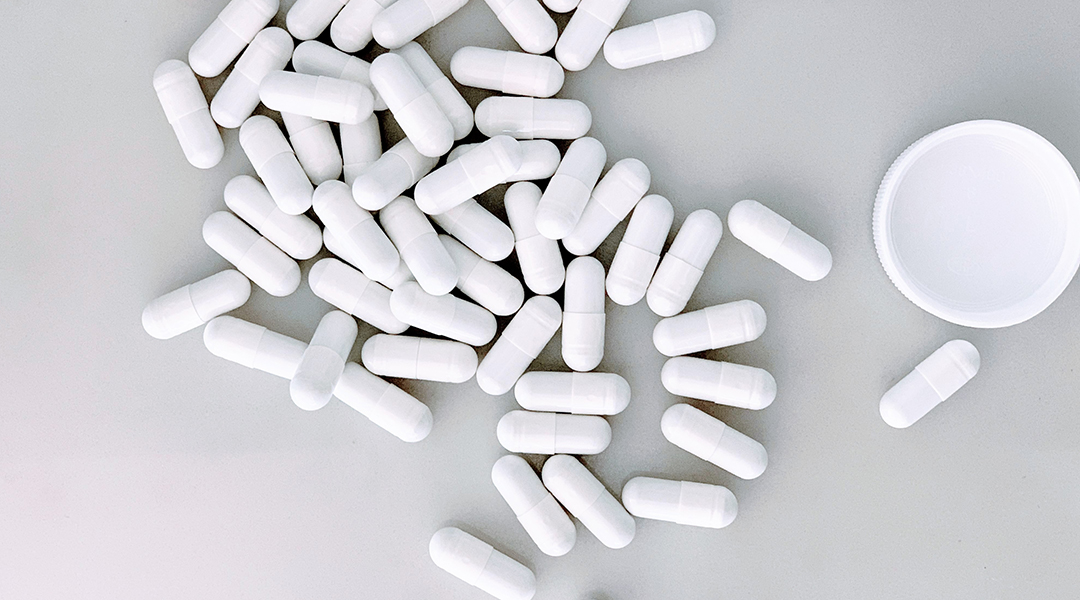
A self-assembling helix formed from nateglinide, a complementary diabetes treatment, provides a protective coating that could open the door to an oral insulin medication.
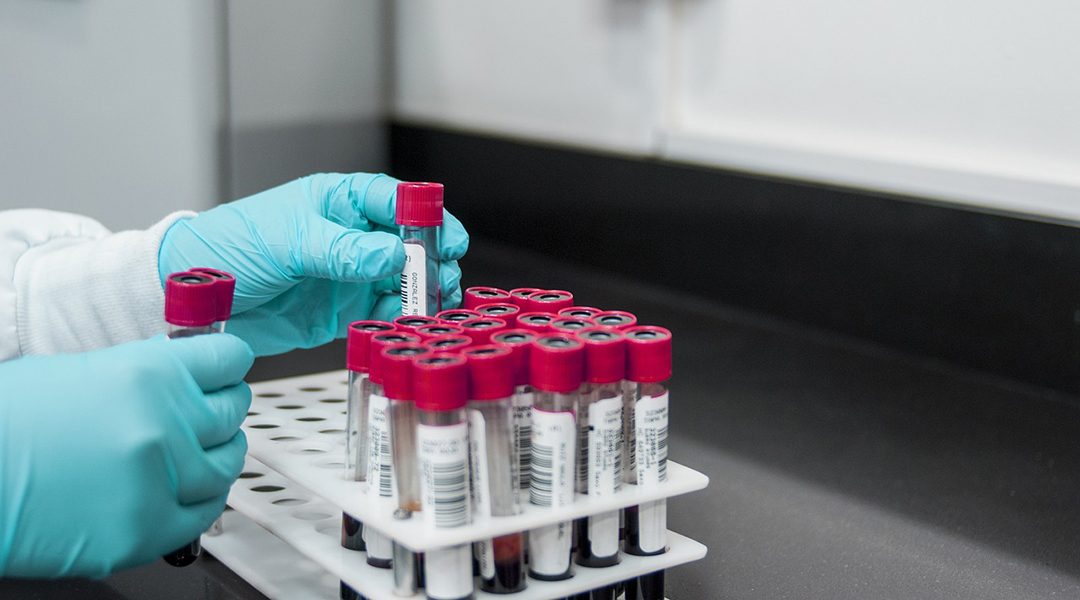
Scientists are hopeful that a new, more sensitive test for detecting ovarian cancer might provide better options, especially for patients with BRCA genes.